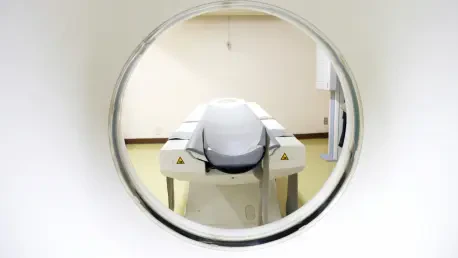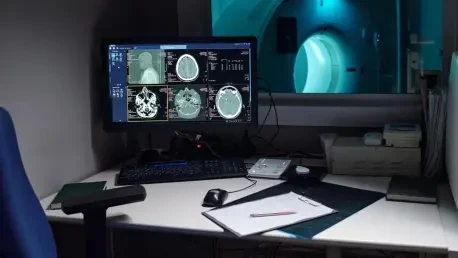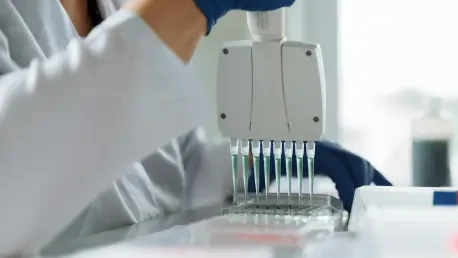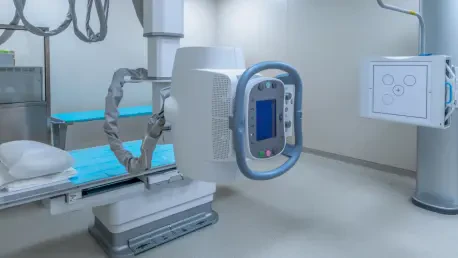
Positron emission tomography (PET) imaging has emerged as a vital tool in modern medical diagnostics, offering insights into the human body's molecular and cellular functions. At the forefront of this advancement are radiopharmaceuticals, specialized compounds that combine a radionuclide with a

Breast cancer continues to be a significant global health challenge, and accurate screening methods are crucial in its battle. While mammography has long been the standard for breast cancer screening, its limitations are becoming increasingly evident, particularly in individuals with dense breast

The Clinical Reference Laboratory Service Market stands at the forefront of modern healthcare, set for remarkable growth with estimations suggesting a USD 25.8 billion valuation by 2032, propelled by a 5.11% CAGR. The significance of this growth lies in diagnostic testing, rapidly becoming a

In a significant leap forward in oncology, researchers at Helmholtz Munich have pioneered a technique offering fresh hope in tackling multiple myeloma, a common blood cancer. This new method, called MiROM, delivers innovative advancements over traditional approaches by employing a groundbreaking

In the rapidly evolving landscape of clinical research, remote monitoring has emerged as a paradigm-shifting innovation that promises to overhaul traditional methodologies. This technological advancement facilitates the collection of real-time health data from clinical research participants

The International Atomic Energy Agency (IAEA) has completed a monumental quality management audit in nuclear medicine practices, shedding light on an evolving landscape in Oman's healthcare sector. The review, known as QUANUM, was conducted at the Royal Hospital, a prominent national referral